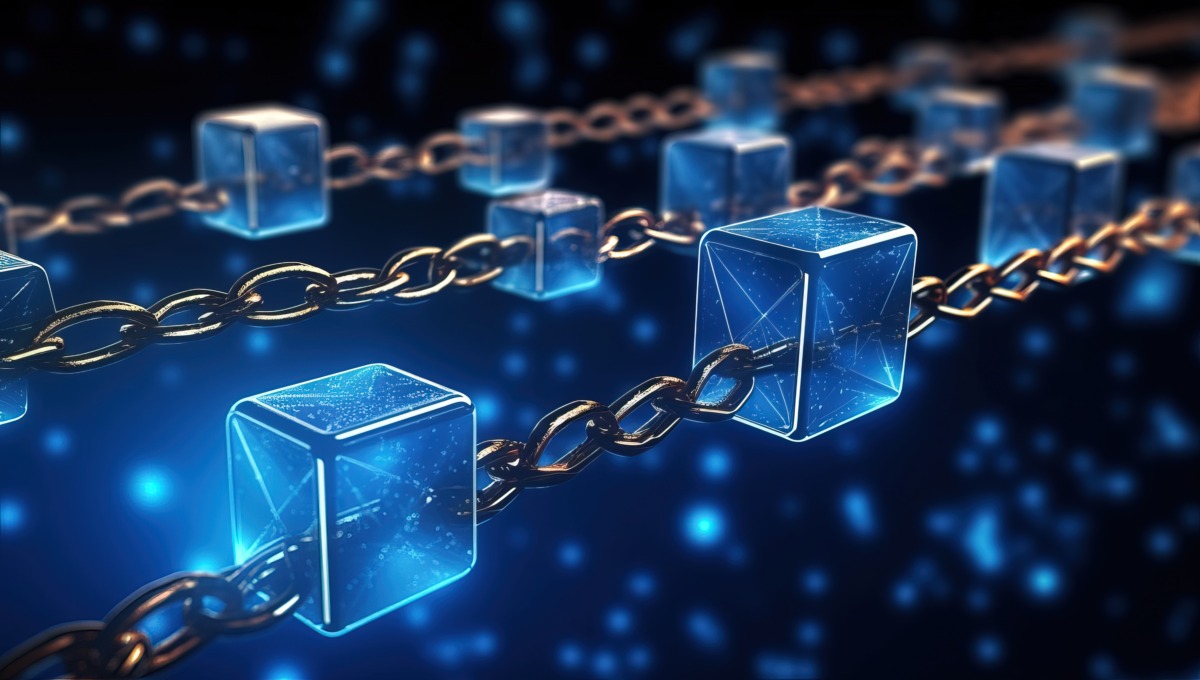Deutsche Telekom’s MMS partnered with Bankhaus Metzler for a Bitcoin mining pilot project. Companies will use energy from solar and wind energy to support crypto mining. The project aims to stabilize Germany’s energy grids and balance supply and demand.
Bitcoin mining move from Deutsche Telekom subsidiary!
Deutsche Telekom subsidiary MMS said in a recent press release that it has partnered with Bankhaus Metzler to integrate Bitcoin mining as a stabilizing mechanism for Germany’s fluctuating renewable energy output. The company aims to use excess energy obtained from renewable energy sources efficiently.
According to the statement, this energy often goes out of use. Because limited grid capacity or inadequate storage solutions cause this. Oliver Nyderle, Head of Digital trust and Web3 Infrastructure at MMS, stated that this “digital monetary photosynthesis” offers a way to convert excess energy into digital assets. Nyderle also noted that this will help create a dynamic tool for managing fluctuations in the electrical grid.

What will the parties to the partnership do and what do they aim for?
Meanwhile, Metis Solutions GmbH will carry out mining operations at Riva GmbH Engineering in Backnang. This company has its own photovoltaic (solar energy) installation. MMS will monitor mining equipment, leveraging the firm’s expertise in web3 infrastructure. Metis will manage the facility. This collaboration with Bankhaus Metzler aims to achieve Bitcoin mining’s ability to balance energy demand and supply. In turn, the parties expect this to benefit solar and wind energy producers who face unpredictable power output.
Additionally, Nyderle emphasized the project’s goal of quickly providing “regulatory power” to absorb energy fluctuations. According to Nyderle, this initiative is part of a broader goal to develop responsive systems.

Supports MMS, Chainlink, Fetch.ai and Polygon!
The pilot project underlines Deutsche Telekom’s growing involvement in Blockchain and decentralized technologies. MMS has been supporting decentralized networks such as Chainlink, Fetch.ai, and Polygon since 2020. As you follow from Kriptokoin.com, MMS started operating a Bitcoin node in 2023. Thus, it expanded into Proof-of-Work (PoW) ecosystems. It also marked an important milestone in the Blockchain journey. It is noteworthy that this initiative is in line with Bankhaus Metzler’s own strategy for digital assets.
Meanwhile, through the Digital Assets Office established in 2022, the bank has prioritized Blockchain as a transformative force for the future. Its focus is on helping its customers integrate digital assets and gain competitive advantage. Germany’s trial of Bitcoin mining as an energy stabilizer follows similar initiatives in countries such as the US and Finland. It also comes just after rumors emerged that Germany wants to make Bitcoin (BTC) a reserve asset.